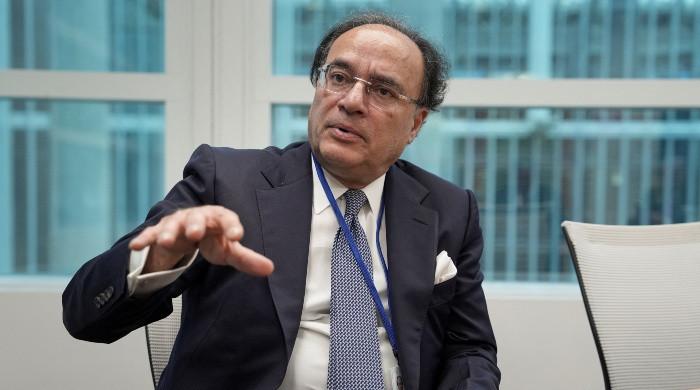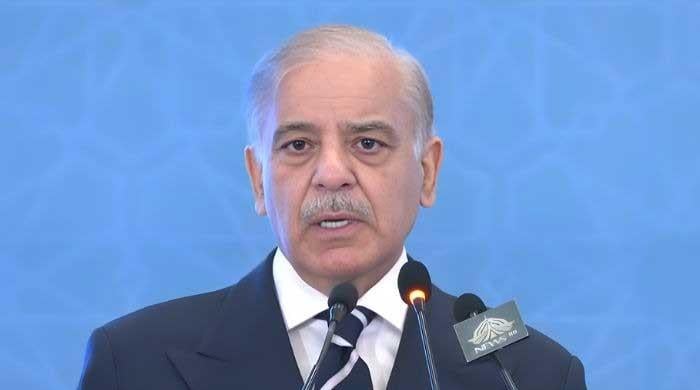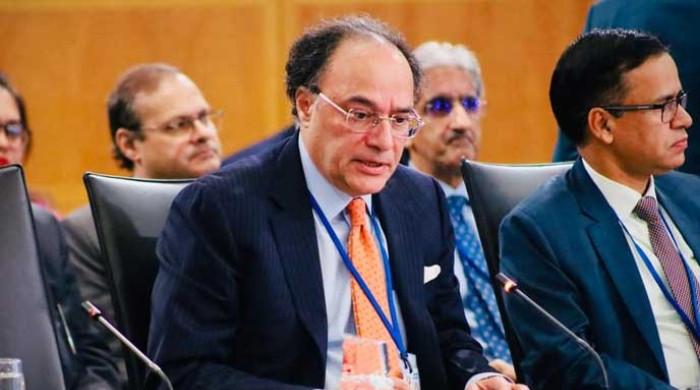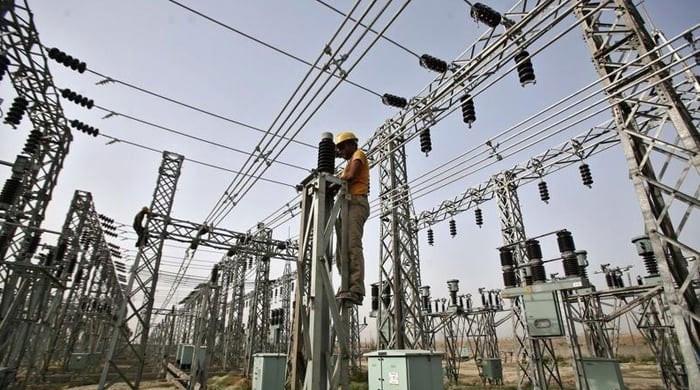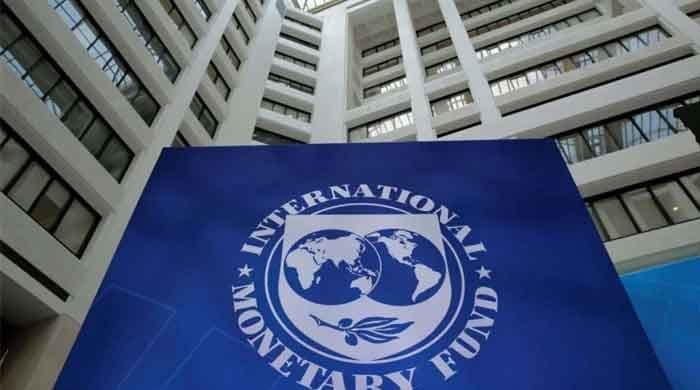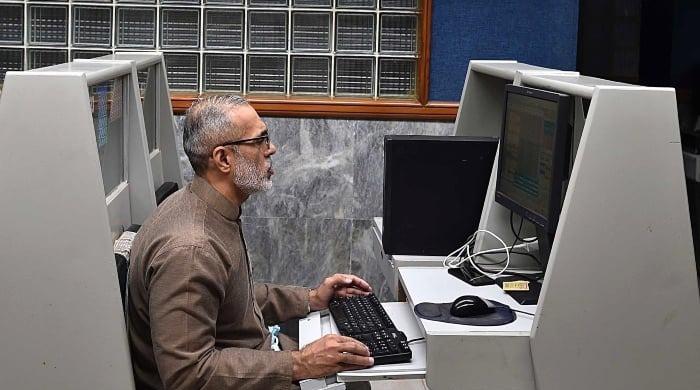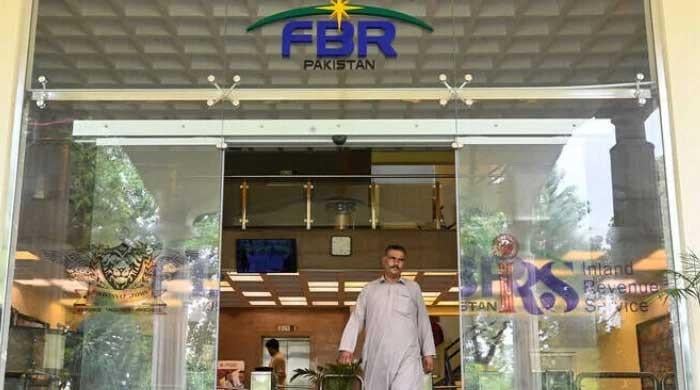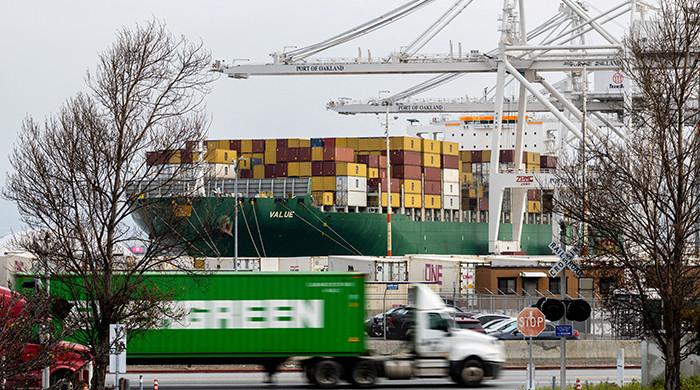Pakistan hopes to sign IMF deal before budget: Bloomberg
Pakistan eyeing to secure $2bn in external financing to bridge $6bn gap for resuming bailout programme
June 06, 2023
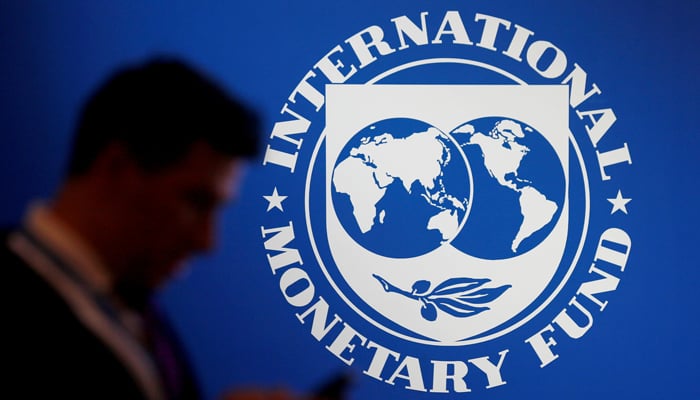
- Pakistan eyeing secure $2bn in external financing.
- Authorities say secured $4bn out of $6bn requirement.
- Pakistan says committed to completing IMF programme.
In its last-ditch efforts to revive the stalled International Monetary Fund (IMF) loan, Pakistan is eyeing to secure $2 billion in external financing to bridge the $6 billion gap for resuming the bailout programme.
The Ministry of Finance, in an emailed response to Bloomberg, said the government has lined up $4 billion in external financing and hopes to strike a deal with the Washington-based lender before unveiling the budget this Friday.
The government remains on tenterhooks, with urgency growing for resuming the $6.7 billion programme — signed in 2019 and set to expire in June this year — as external financing and exchange-rate policy among the biggest hurdles.
Due to the disagreements between the local authorities and the lender, the ninth review has been stalled for more than six months, one of the longest delays for a review.
"Pakistan remains committed to completing the IMF programme and has already demonstrated its seriousness," the ministry said.
The ministry further added that it remains committed to mobilising additional liquidity despite a significant contraction of the current-account deficit which has reduced the requirement.
Saudi Arabia and the United Arab Emirates have committed to provide fresh financing of $3 billion to Pakistan. China and its state-owned banks have rolled over $4 billion in loan commitments.
In an email to Bloomberg, IMF’s Resident Representative for Pakistan Esther Perez Ruiz said the programme would restart once the authorities follow the lender's programme goals, present adequate financing while presenting the budget, and there is “proper market functioning” of the Pakistani rupee.
"IMF staff continues the engagement with the Pakistani authorities to pave the way for a Board meeting before the current programme expires," said the official.
The South Asian nation has to repay around $22 billion of external loans — five times its foreign exchange reserves — during the next fiscal year, beginning in July, according to Columbia Threadneedle Investments.
The coalition government has taken a host of measures — including raising taxes, hiking energy prices, and allowing the rupee to weaken against the dollar — to meet IMF demands.
Once the IMF loan comes in, it will allow Pakistan to unlock further financing from other multilateral.
These funds will help the $350 billion economy overcome a dollar crunch, ease supply shortages, and pull the South Asian nation out of default risks ahead of the elections — scheduled to take place later this year.




